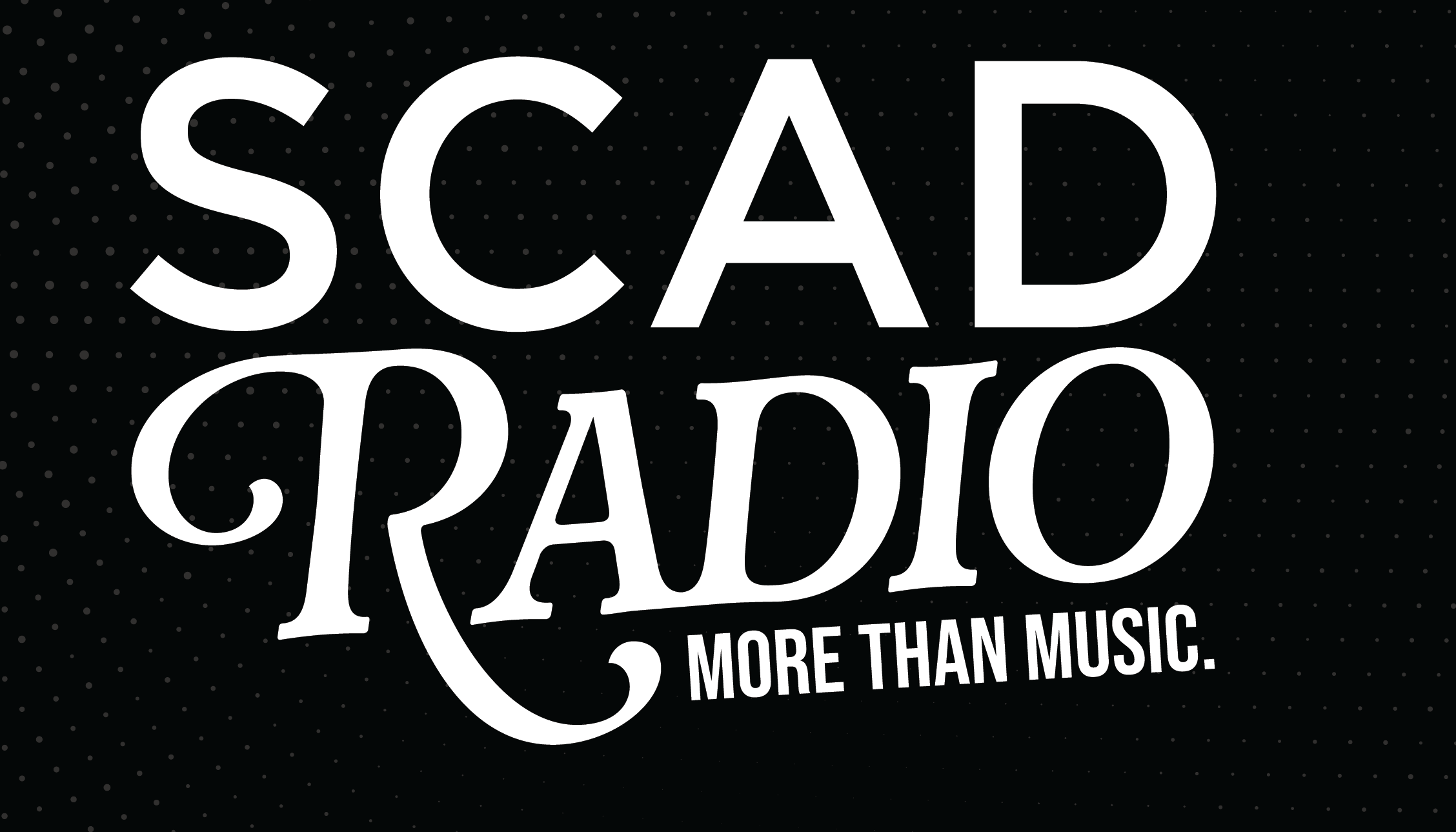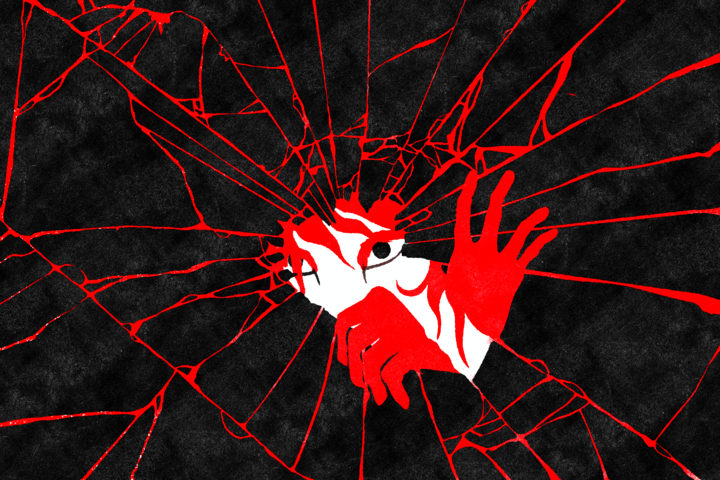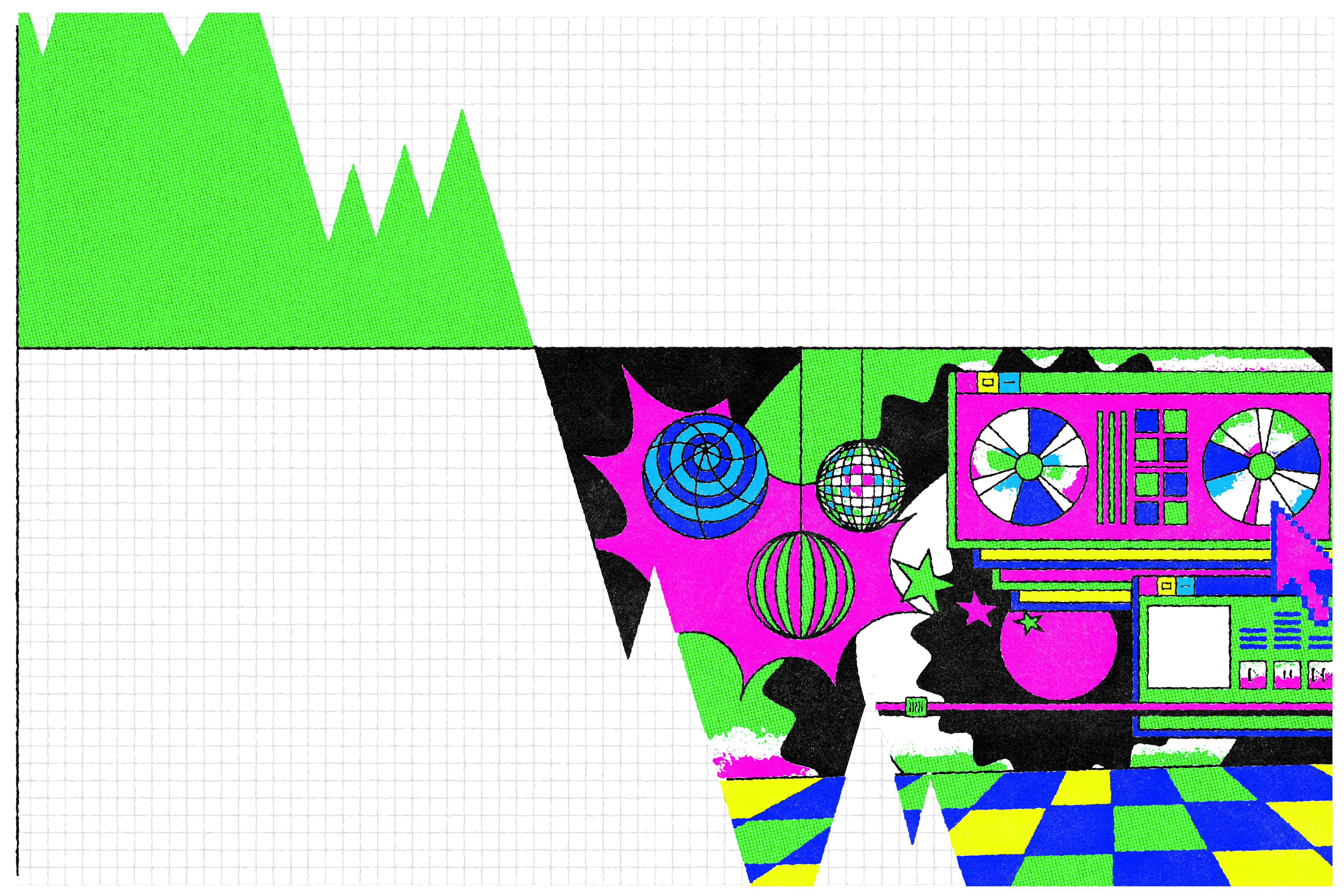Header courtesy of Razz Gregory.
Throughout her 17-year career, Lady Gaga has held a great many titles—most notably, the patron saint of dance-pop. Her most recent album, “MAYHEM,” made do on the promise that Gaga can in fact, balance an exquisite reinvention of her craft while simultaneously returning to her beloved electro-pop roots now more than ever.
The record opened with the sort of edginess that once captivated listeners so much, they became little monsters, otherwise known as Gaga’s devout fan base. “Disease”, the mega-hit single “Abracadabra,” and “Garden of Eden,” establish that, yes, it’s a new era for the artist—but sonically this trio could fit on any of her first four albums. Lyrically they delivered familiar wink and nod religious inuendoes (“Garden of Eden” begged the question: is Lady Gaga God?), calls to the dancefloor, and metaphoric ruminations on love and sex. However, it’s the ultra-synthetic production and distinct vocal control that created each high energy anthem and induces a sense of nostalgia for flashing lights and sweaty bodies crowded underneath the disco ball of a downtown club. Even for those who only heard songs such as, “Telephone” and “Just Dance,” on their local radio station going to school in morning, the lingering appreciation for early Gaga created by “MAYHEM’s” first three tracks is most present it’s been since 2020’s “Chromatica.”
As “MAYHEM” progressed, a thread of audible cohesion lurks in the shadows of Gaga’s more experimental side. “Killah,” “Zombieboy” and “How Bad Do U Want Me” leaned into more fun and flirty lyrics, while employing an 80s electronic sound a la Cyndi Lauper or Madonna. Though it’s a style Gaga has heavily embraced in the past, neither song feels repetitive or lackluster, but this time mature and on trend for 2025. “LoveDrug,” perhaps the most modern take on the album, infused a pop-rock element in the guitar riff of its outro—which is a touch rarely found even in her most popular hits. And it wouldn’t be Gaga without a stripped-down ballad or two. Her Bruno Mars collaboration “Die With A Smile,” closed out the record in a belted melody that jumps off straight off the back of “Shallow’s” unmeasurable success all the way in 2019. Mars proved to be the perfect collaborator with similar star-power and vocal prowess as Gaga herself.
At first listen, track 11 called “Shadow of a Man,” sounded as though Gaga sampled one of her own most successful songs. Side by side the bridge of “Shadow of a Man” and “Telephone,” are nearly identical, with the chorus coming in to outline some minor differences. Here—and throughout the entirety of the album—it’s clear Lady Gaga truly can do it all, “MAYHEM” cements itself as not only new and fresh, but a reflection of everything that’s come before.




